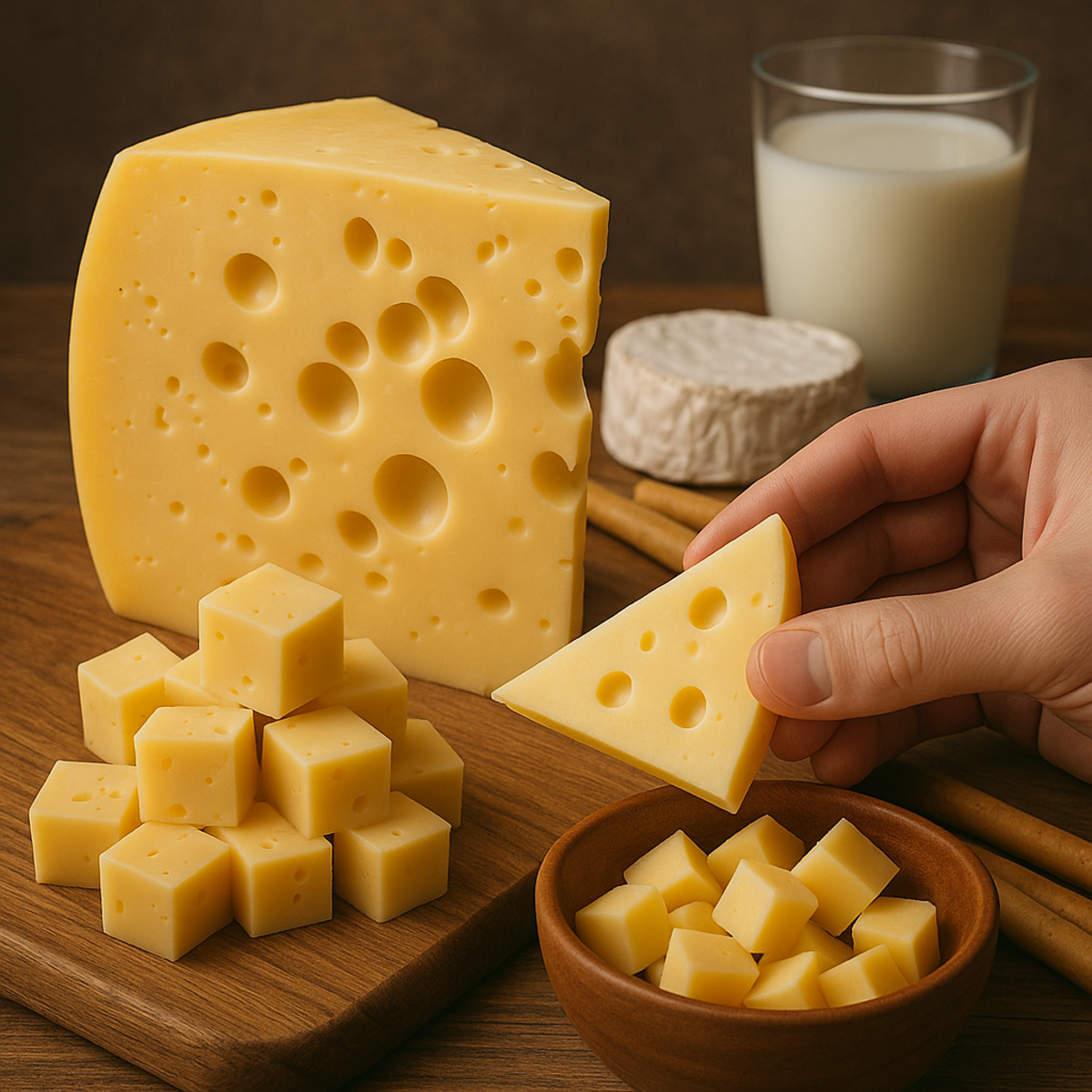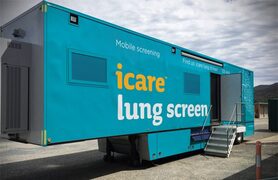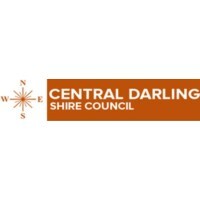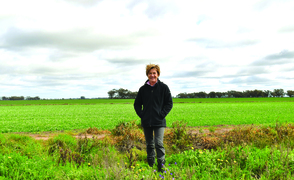Let’s all celebrate National Cheese Day, June 4.
Kimberly Grabham
28 May 2025, 5:00 AM

From dairy delight to dopamine hit — why cheese lights up your brain and that's perfectly normal.
National Cheese Day has rolled around again, and what a ripper of a reason to celebrate!
It got us thinking about our favourite savoury delight and some bonkers stuff we've heard about it.
You might have seen a story kicking about, maybe resurfacing on social media years after it first appeared, claiming scientists believe cheese triggers the same part of the brain as hard drugs. It's the sort of thing that gets shared, even years after it first made waves.
This idea keeps popping up – something supposedly harmless like sugar, pornography, religion, sex, Facebook, music, or yes, cheese, being compared to drugs of abuse because they supposedly activate the same brain regions. Every week seems to bring a new "addiction" comparison.
The Problem with Drug Comparisons
However, comparing anything pleasurable to hard drugs has some worrying implications. Drugs are often presented as bad – illegal, damaging, ruining lives, causing crime.
The infamous 'This is your brain on drugs' campaign helped spread the notion that drugs damage your brain, which is often true. It's not a massive leap of logic, then, to suggest that anything having similar effects to drugs must also be bad. If you're worried about scoffing too much cheese, hearing it's similar to drug use might seem to back up your concerns.
The Science Behind Pleasure
But hold your horses! While those raising concerns might have good intentions, these "just like drugs" comparisons often show a fundamental misunderstanding of how the brain works.
Anything that gives us pleasure activates the brain's mesolimbic reward pathway. This system is a deeply embedded area of the brain, basically responsible for reviewing what we're experiencing, deciding if it warrants a feeling of pleasure or reward, and supplying that feeling. Neurological processes here use dopamine, often labelled the pleasure chemical.
This reward pathway is fundamental, and so many things connect to it and can activate it. Think of it like a central server for good feelings – loads of things plug into it.
The opioid system, governed by endorphins, has potent effects on the reward pathway. Alcohol's pleasing effects involve interactions with endorphin-dependent processes. And that potential addictive nudge from cheese? That's down to casein, a protein found in much higher concentrations in cheese than milk.
Casein activates the opioid system, inducing pleasure. This makes sense evolutionarily, the reward system encourages helpful behaviours. As newborns, we live on milk, and getting a bit of a high from it makes us more likely to drink it.
Why the Comparison Falls Short
The problem is, why do these crucial, ancient neurological processes get labelled as the bits drugs work on, as if that's their main job? Drugs are the interlopers here. Food and experiences activate the reward system through processes that evolved specifically for that purpose. Drugs, by contrast, stimulate these pathways directly or artificially, disrupting our natural checks and balances and potentially causing serious problems like addiction.
Saying cheese is just like using drugs because it uses the same brain regions, is a bit like saying withdrawing money from your account is just like robbing a bank.
The reality is far more nuanced. Yes, what we eat and do today is different from the past, and it's silly to say things are automatically safe. But labelling the reward-inducing parts of the brain as the drug bits is unfair, unhelpful, and pretty meaningless.
You can write a thank-you card and a ransom note with the same pen, but the card won't make the recipient call the cops. Using your hand to stroke a baby doesn't mean it's the same as using it to wield an axe. Just because something uses the same brain regions that drugs work on doesn't mean they are just like drugs themselves.
So, this National Cheese Day, enjoy that delicious cheese! It's activating ancient pathways that encourage good things, not turning you into a criminal mastermind trying to smuggle a wedge of Jarlsberg through customs.
NEWS
SPORT
RURAL







